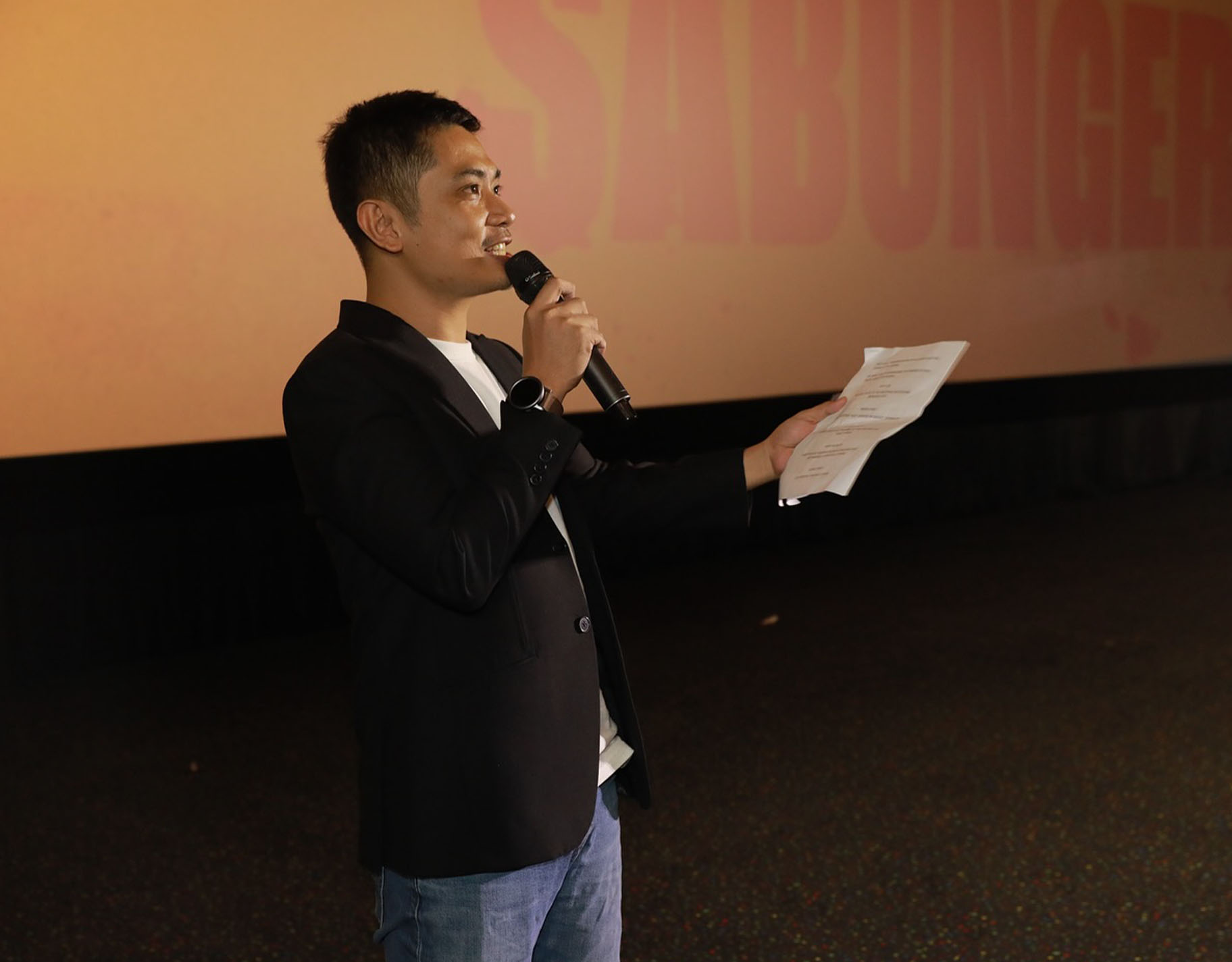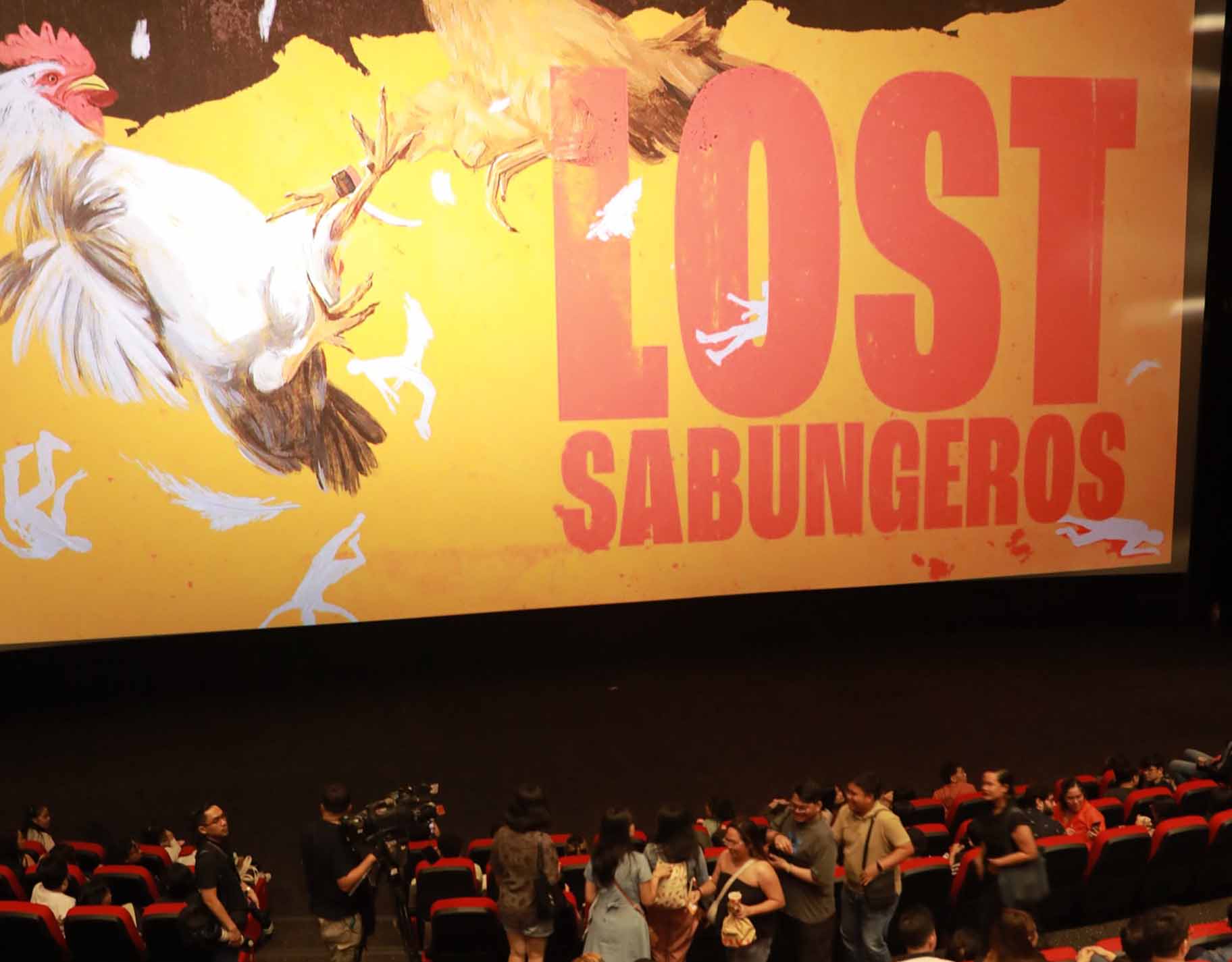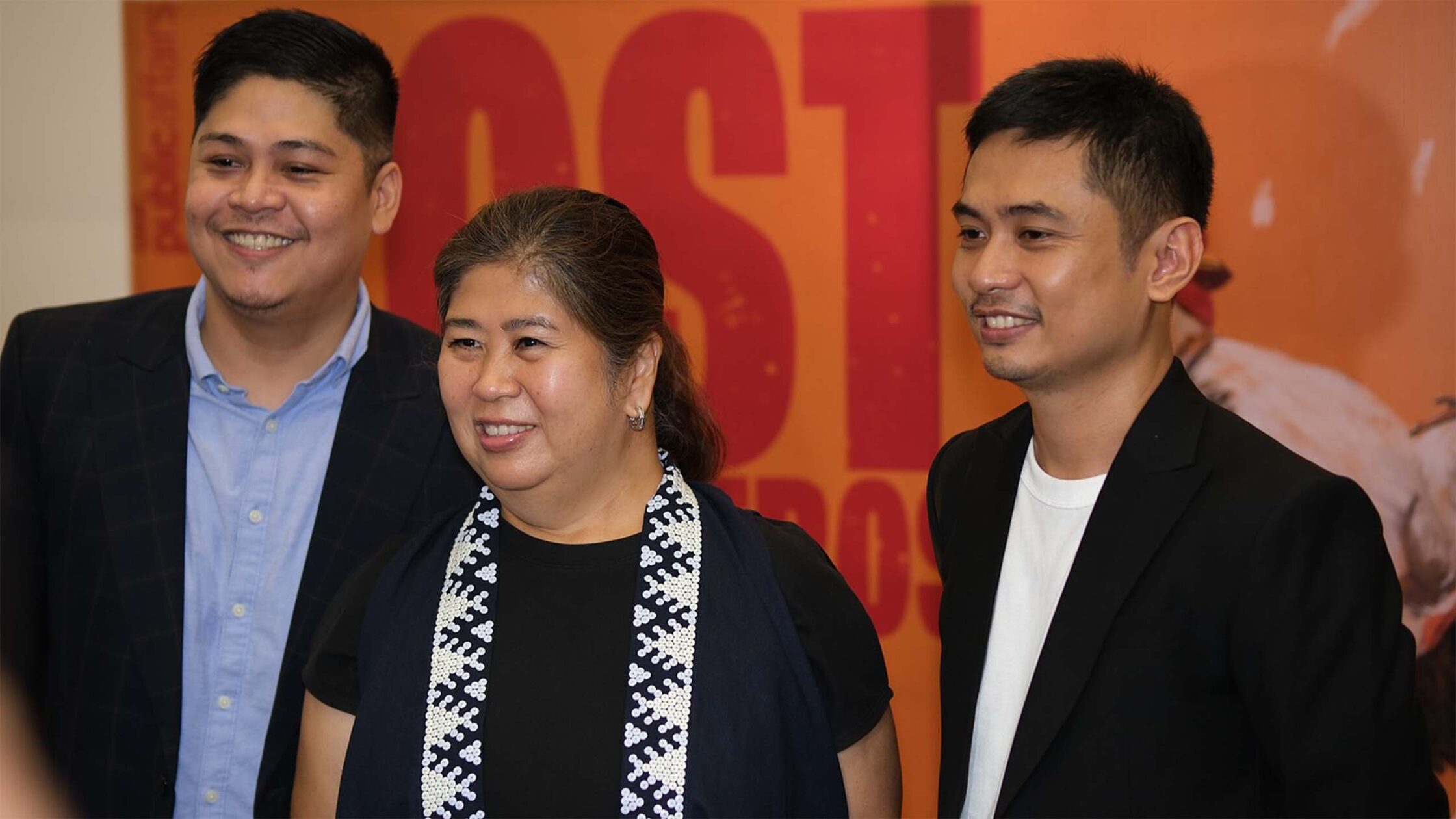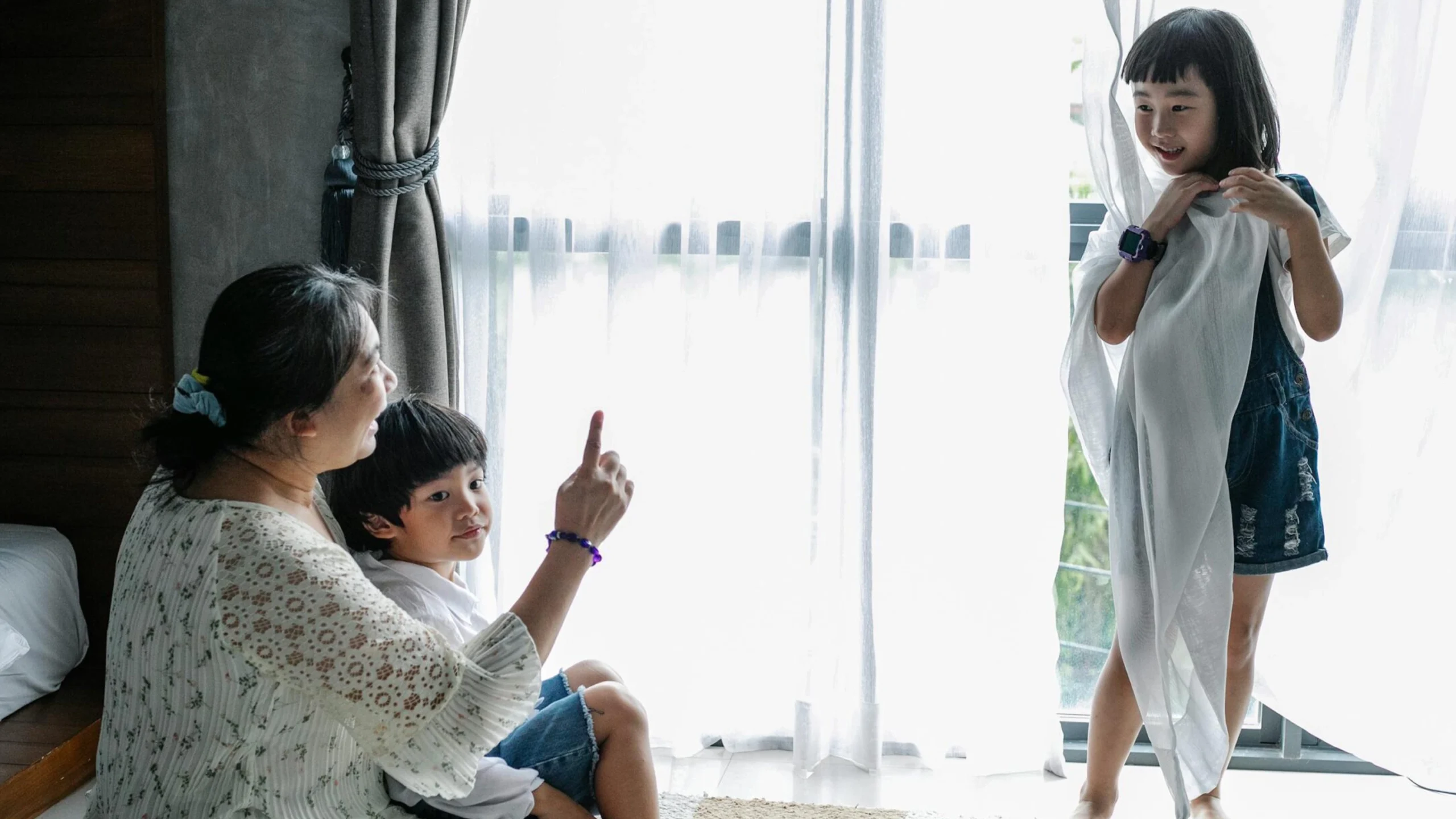The Story of Missing Family Members In Lost Sabungeros
Bryan Brazil, the director behind the documentary about missing cock fighters which made headlines, shares why it’s important to keep telling stories despite challenges
Documentaries have become important for telling stories never discussed in mainstream media and in-depth issues that affect people. At the recent QCinema Festival, GMA Public Affairs’ documentary Lost Sabungeros was finally shown and received rave reviews. The documentary focuses on the stories of missing cock fighters and how their families have been holding up as they continue to search for their love ones and for justice of their disappearance.
Modern Parenting reached out to Bryan Brazil, director of the documentary, on the challenges they went through in putting together the story despite the risks involved.

Overwhelming response
Bryan Brazil admitted he and the people were overwhelmed after screenings were sold out. ” For a documentary, hindi naman sila pinipilahaan ng maraming tao. Pero kita ‘nyo naman… this time in a way, achievement siya sa industry ng documentary.”
“This time remarkable siya [na] oh my god, pinipilahaan nila yung documentary film. Pinapanood siya sa sinehan.”
The documentary was originally supposed to be shown at another film festival but was canceled due to “security concerns.” Despite the initial hiccups, Brazil is grateful that it was finally shown to the audience.
“We’re very grateful to QCinema. Actually, yung mga tao na lumalapit nagsasabi ng thank you kasi binibigyan yung mga Filipino, yung mga biktima ng boses [at ipakita] yung journey nila, yung experiences, at yung mga nangyayari sa Pilipinas.“

Weaving the stories of grieving families
Telling the story of grieving families, especially families whose loved ones are missing, can be tricky and heartbreaking. Brazil admitted that he came into the project with minimal knowledge, so he had to immerse himself in it.
” Mahirap siya kasi wala akong alam sa sabong,” he explained. “ Hindi ko alam ang sistema doon, yung culture. Pero bilang director, I have to do my job. Ang tagal kong sumama sa mga characters, sa mga ginagawa nila and did interviews.”
Having done documentaries on extrajudicial killings (EJK), Brazil admitted he could not help but see the similarities of the narrative.
“Kwento na naman siya kawalan ng hustiya [at] palaging nagbibiktima ay yung mga nasailalim. Iyon yung nag-push sa akin na i-pursue itong story na ito. Para kahit sabihin na paulit-ulit siya, at least ma-remind ang mga audience natin na mamulat kasi may mga taong naghihirap at may mga taong nawawala,” he said.
Although they’ve went through many challenges (it took them two years to document the film), Brazil knows they had to continue it for people who gave them their trust.
” May mga tumatayo [tao] kasi pinagkatiwala nila yung story nila sa amin. Basta may mga ganun tao na lumalaban, I think disservice naman sa filmmaking sa mga documentarists kung hindi namin gagawin. So kailangan din lumaban kasi naniniwala sila at ginamit nila kami bilang maparating yung mesahe sa audience at hindi lang mauwi sa kwento-kwento.”
Keep telling the stories
How important is the power of documentary at a time when media continues to face challenges? Brazil said: ” You need to keep telling stories. Kailangan may nakikita ang tao [at] hindi lang galing sa sabi-sabi. Kailanga may visual evidence ka para ma-realize nila at makita nila yung totoo na nangyayari, especially dito sa case ng Lost Sabungeros.”
“Kailangan may tumatayo for them [the voiceless] at hindi lang binanabaon sa limot. Kasi kung binaon siya limot and you as a storyteller at binabaon siya sa limot, it’s a disservice sa trabaho mo,” he continued.
For those who were unable to watch the documentary, you don’t have to wait. Brazil shared his team and GMA Public Affairs are talking with schools interested to show it.
“Sobra akong na touch doon kasi yung mga kabataan may interest para makita at mamulat sa mga nangyayari sa bansa natin,” he smiled. ” Marami na kaming pupuntahang schools and hoping na mas lumawak pa yung cinema [screening].”
Brazil hopes that viewers will be enlightened about the documentary’s story. ” It’s like the story of the whole country that we need to see. Kailangan natin makita at ma-realize na mabantayan yung mga karapatan natin para hindi na tayo ma-oppress.”
More on family matters!
Mental Health Matters By Kylie Verzosa Has Become A Family Mission
Life Lessons from Princess Catherine Middleton’s Latest Announcement
Benedict Mique’s Movie Maple Leaf Dreams Tackles Stories Of Filipinos In Canada









